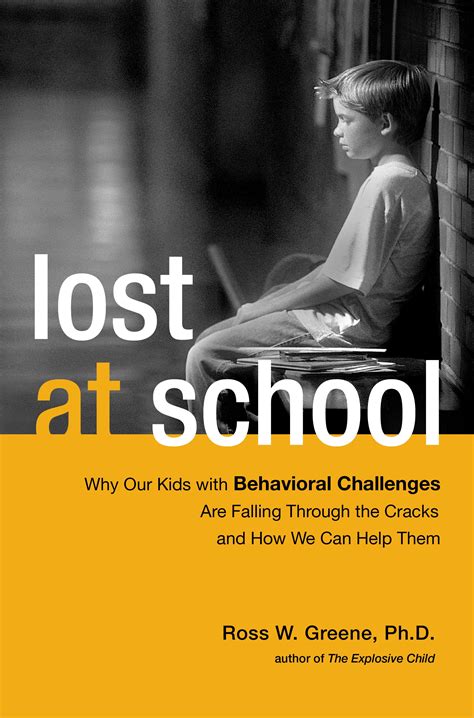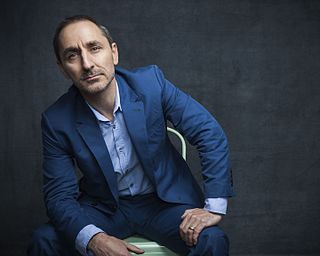A Quote by Chris Jordan
My work is about the behaviors that we all engage in unconsciously on a collective level. And what I mean by that, it's the behaviors that we're in denial about and the ones that operate below the surface of our daily awareness. And as individuals, we all do these things, all the time, every day.
Related Quotes
Beliefs create behaviors, and the dysfunctional behaviors of the human race, observable everywhere every day, are the product of our non-workable beliefs. Chief among these is the belief in separation, which has arisen out of our ancient Separation Theologies. This is a way of looking at God that insists that we are "over here" and God is "over there."
Our physiological constitution is obviously a product of Darwinian processes, insofar as you buy the evolutional theory as a generative, as an account of the mechanism that generated us. Our physiology evolved, our behaviors evolved, and our accounts of those behaviors, both successful and unsuccessful, evolved.
Before we start anything creatively, we have a firm understanding of our objective and our frame of mind for the campaign. Who's our audience, and what's their day-to-day behavior? How can we complement those behaviors? How is our message more than an interruption? Why would people care about what we're saying?
Within childhood behaviors, there are known behaviors; there's teasing and there's name-calling, and different kinds of things happen as kids start to socialize. And then there's serious bullying, and then there's actual aggression and behavioral problems. But you can't put it all under the tent of bullying.








































